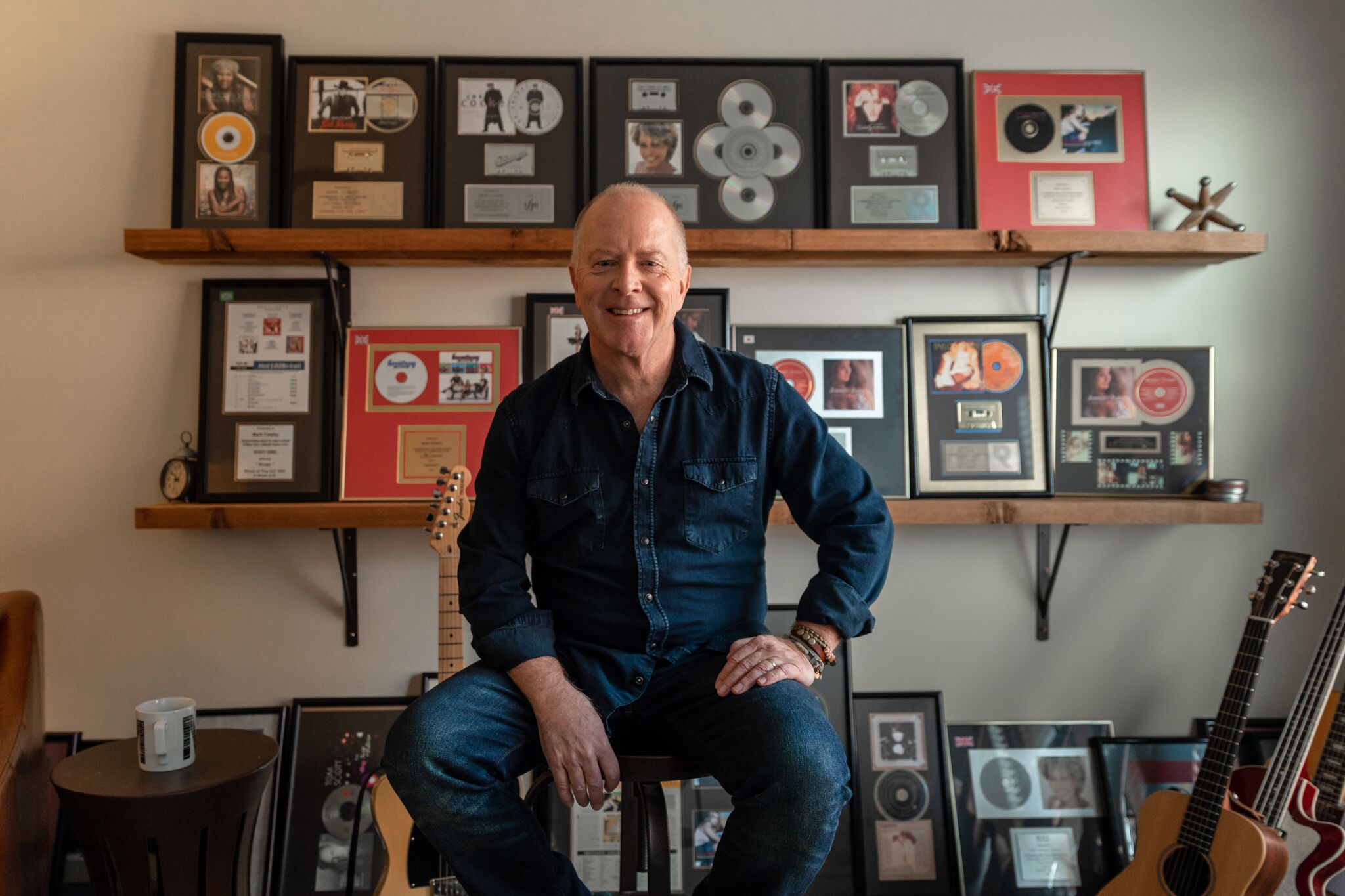Songwriting With An Avatar
/iDoCoach Blog
I was in Austin, Texas in July to attend a 2-day workshop with best selling author Tucker Max and his team at Scribe. I’m writing a book based on my coaching and a lifetime’s worth of stories. Working title is” Song Journey”. This was a guided author workshop designed to help you chart a course for you book. A fantastic couple of days and I went away with a head full.
Drilling Down
Some of the concepts were pretty familiar to me from coaching, blogging and writing articles but also from my songwriting. As Tucker got you to talk about who your book would be for, he used the term “drill down”. You start with a wide audience but his tactic takes you all the way to thinking of your readers as just one, a composite, an avatar.
Your Avatar
Creating an avatar for your song is an interesting idea. Let’s take writing current country. It’s ripe with party songs at the moment. You can start with imagining an artist singing your song at a huge, outdoor event for instance. What would the artist be singing about that would get the party started and keep it goin? Imagine the crowd. Now imagine them singing along, raising a red cup and havin’ a time…with your song as the anthem.
How Do You Use It?
So here’s where the avatar comes in. Rather than aiming your song at that whole stadium of fans, start to think of the typical fan. How old? What would their interests be? What would they drink? Eat? Wear? Who would they hang out with and, a biggie, how do they speak? Keep going with this idea until you can visualize one person. This is your avatar as a songwriter. Aim your lyric, melody and track right at them.
Maybe this is different stuff than getting your guitar out and writing what’s in your head but if your song can connect on this level it’s probably a potential hit. I’ve always loved the chance to write with artists because you become aware of the artists audience and what the artists needs to do to move their tribe. Artists love the songs that speak from their heart but they really love ones that could become a staple of their live set.
Add It To Your Box
No matter what type of music you’re writing the idea can really work. Think about the average pop listener and again, drill down until you can see one of them. Same with Americana, dance songs and even bluegrass. Knowing your audience has always been the way forward for an artist but knowing your artist’s audience is a fantastic idea for you as a songwriter. Creating an avatar could be unique and a valuable tool for your toolbox.
Mark Cawley
Nashville, Tennessee
Image: Shutterstock
I was pleased to be voted the #4 Songwriting blog worldwide recently. Check it out here.
if you'd like to stay up with iDoCoach including receiving the latest blogs and my favorite 7 Toolbox tips here ya go!
http://idocoach.com/email-newsletter
I'm currently coaching writers worldwide, online, one on one and taking new clients for 2018 and 2019. Visit my website for more info www.idocoach.com or write to me at mark@idocoach.com
Check out this interview in this edition of M Music and Musicians Magazine for stories behind a few of my songs!
Mark Cawley is a hit U.S. songwriter and musician who coaches other writers and artists to reach their creative and professional goals through iDoCoach.com. During his decades in the music business he has procured a long list of cuts with legendary artists ranging from Tina Turner, Joe Cocker, Chaka Khan and Diana Ross to Wynonna Judd, Kathy Mattea, Russ Taff, Paul Carrack, Will Downing, Tom Scott, Billie Piper, Pop Idol winners and The Spice Girls. To date his songs have been on more than 16 million records. . He is also a judge for Nashville Rising Star, a contributing author to USA Songwriting Competition, Songwriter Magazine, sponsor for the Australian Songwriting Association, judge for Belmont University's Commercial Music program and West Coast Songwriter events , Mentor for The Songwriting Academy UK, a popular blogger and, from time to time, conducts his own workshops including ASCAP, BMI and Sweetwater Sound. Born and raised in Syracuse, NY, Mark has also lived in Boston, L.A., Indianapolis, London, and the last 23 years in Nashville, TN. Mark is in the process of writing his first book to be released in early 2019 based on his coaching and adventures in songwriting.


















